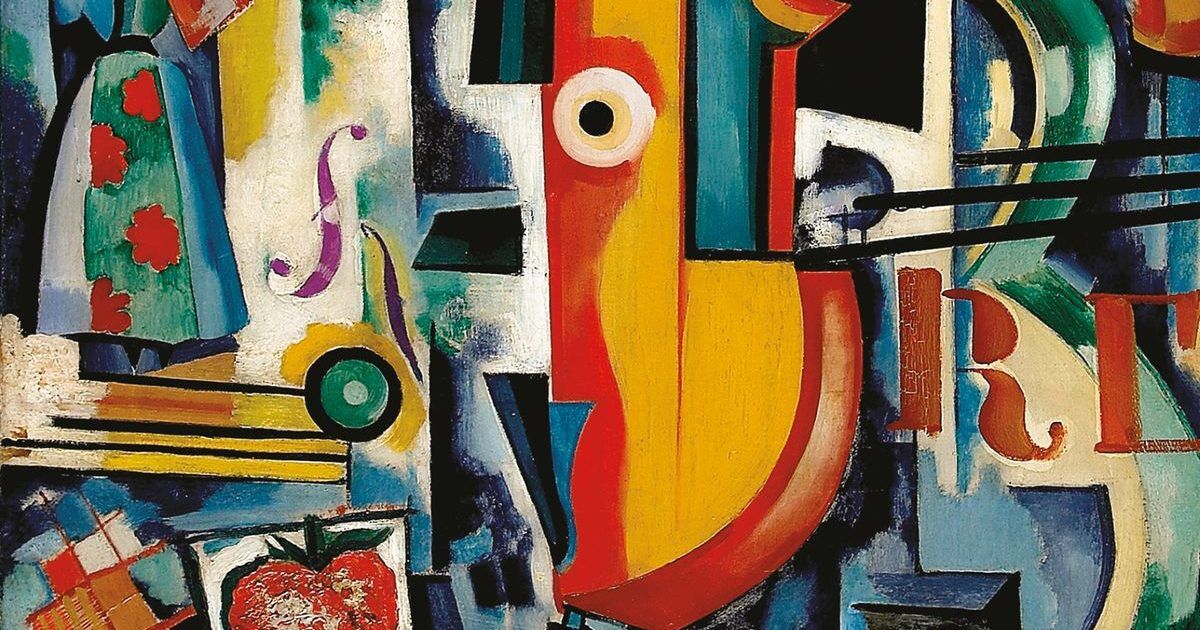More than ever, we need a subversive history of music. We need it both to subvert the staid accounts that misrepresent the past as well as to grasp the subversive quality inherent in these catalytic sounds in our own time. This book aims to provide that alternative narrative. But the goal isn’t to be iconoclastic or controversial. I have no interest in adopting a provocative revisionist pose so I can stand out from the crowd. I simply want to do justice to the subject. I want to tell the story of music as a change agent, as a source of disruption and enchantment in human life.
I started work on an alternative approach to music history more than twenty-five years ago, but back then I didn’t realize the scope of what I would uncover. My starting point was much simpler than where I ended up. My core belief back then—unchanged today, so many years later—was that music is a force of transformation and empowerment, a catalyst in human life. My curiosity was piqued by the many ways songs had enhanced and altered the lives of individuals throughout history, and especially the great masses of people who don’t get much visibility in surviving accounts. I didn’t exclude kings and lords, or popes and patrons, from my purview. But I was perhaps even more interested in peasants and plebeians, slaves and bohemians, renegades and outcasts. What did their music sound like? Even better, what did it do?
Login to read more
Sign in or create a free account to access Subscriber-only content.
Topics:
